Life in Germany almost came to a standstill for a few days after the outbreak of the Ukraine war. Handelsblatt, the German business daily, pointed out that although Germany aimed to inflict economic harm on Russia, President Vladimir Putin almost succeeded in causing a severe energy crisis that was similar in proportion and, of course, the potential costs of this crisis would have been shouldered by German taxpayers, writes the international V4NA news agency.
Putin's Ploy Pushes Germany to Brink of Economic Collapse
Millions of people were nearly left without any gas in Germany.
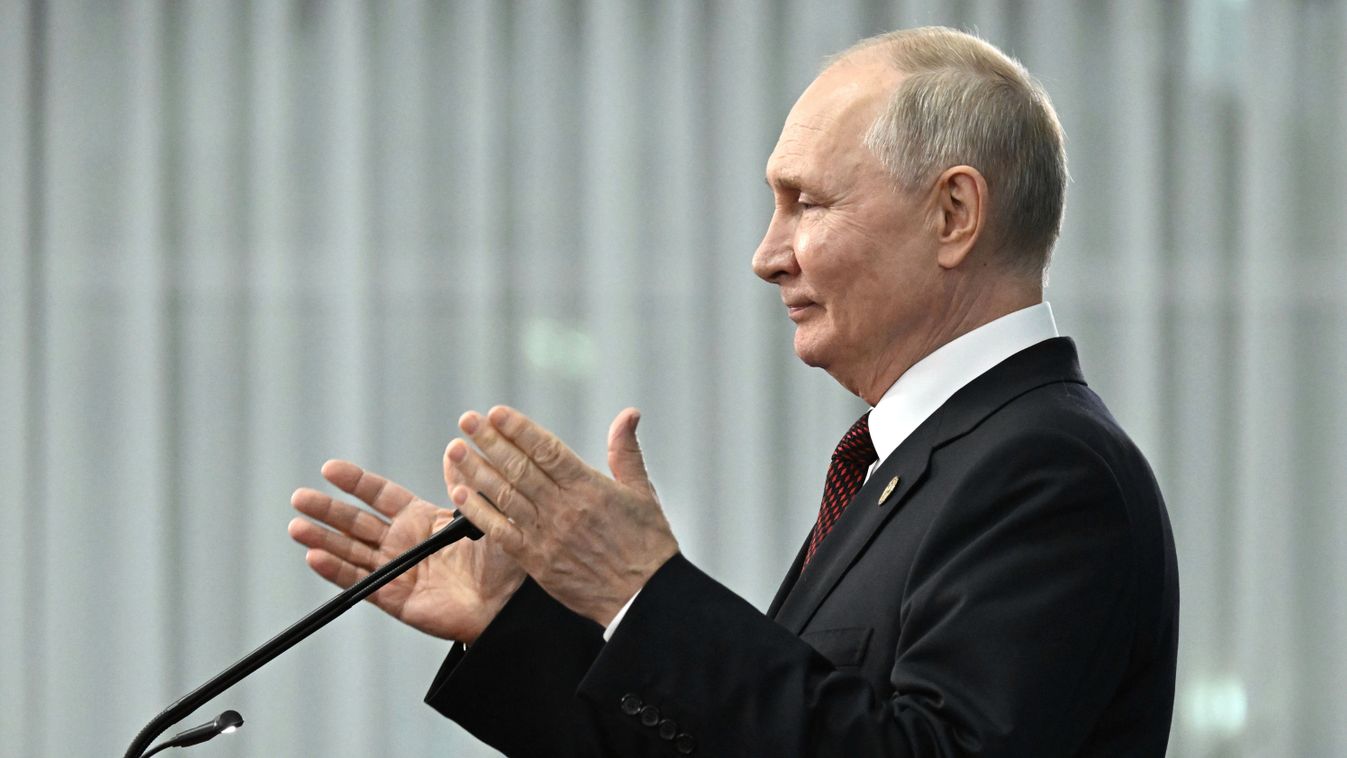
When Ukraine had been reeling under the impact of Russia's war for weeks and Russia's big offensive had halted due to heavy losses on the battlefield, President Putin decided to deploy a weapon that Moscow has never used, not even during the Cold War.
During this period, Chancellor Olaf Scholz and his government were notably vocal in advocating for a ban on Russian energy supplies in the European Union, and the German government took a decisive step by ceasing to purchase gas from Russia.
Millions of citizens would have found themselves trapped in cold homes, and offices would have been left without heating. The scenario would have involved nearly 250 municipal utility companies supplying heating and hot water to millions of Germans and businesses, almost 700 gas-fired power stations running on Russian gas, and 250 large companies and industrial firms relying on Russian gas for their operations.
The German economy faced imminent collapse, even if gas prices would have soared.
The catastrophic crash, however, was averted in the end. Handelsblatt attributes this fortunate outcome to two Russian officials who exposed Vladimir Putin's dreaded plan and promptly alerted Minister for Economic Affairs Robert Habeck and Chancellor Olaf Scholz.
A discussion in a bug-proof dining room ensued, where the officers explored strategies to fend off a potential Russian attack. The eventual solution was to place Gazprom's German subsidiary under immediate state control. Since then, the German press has hailed the two officials as heroes, acknowledging that their lives have been in jeopardy ever since for exposing Vladimir Putin.
Cover photo: Russian President Vladimir Putin (Photo: MTI/AP/Sputnik/Kremlin/Pavel Bednakov)
Komment
Összesen 0 komment
A kommentek nem szerkesztett tartalmak, tartalmuk a szerzőjük álláspontját tükrözi. Mielőtt hozzászólna, kérjük, olvassa el a kommentszabályzatot.
A téma legfrissebb hírei
Tovább az összes cikkhez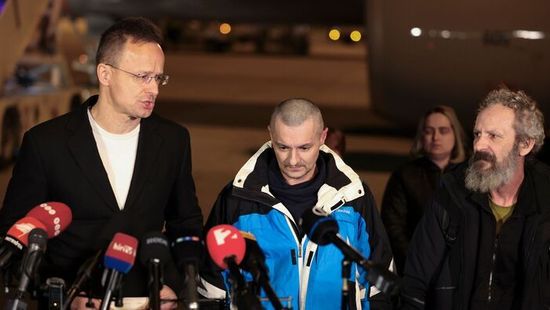
Two Hungarian POWs Return Home + Video
Family members gathered at the airport to welcome the prisoners of war returning from captivity.
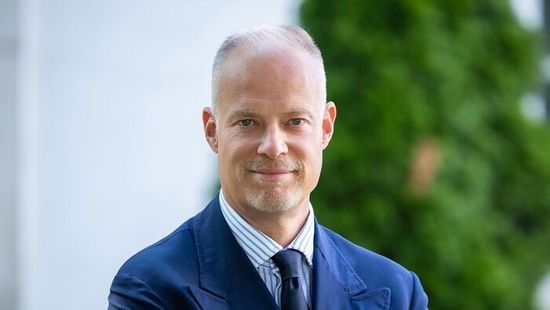
Hungary's Defense Minister: Another Mission Completed Successfully! + Video
Transcarpathian-Hungarian prisoners of war return home.
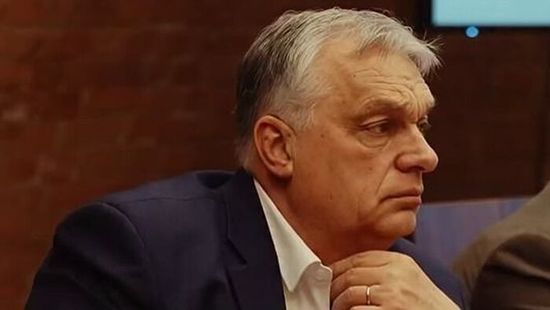
PM Orban: Troops Deployed to 75 Locations, Risk of Ukrainian Sabotage High + Video
Hungary's government has set up a fact-finding committee.
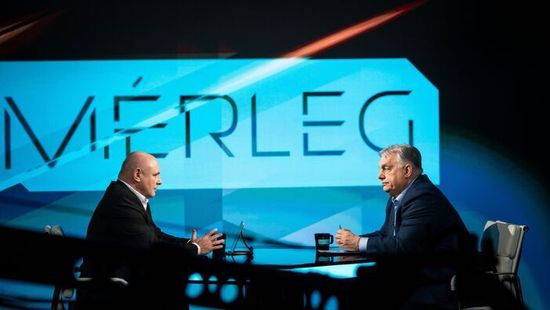
PM Orban: Staying out Is Key in Next Four Years
The core of the Middle East conflict has already moved into Western Europe, PM Orban warned.
Ne maradjon le a Magyar Nemzet legjobb írásairól, olvassa őket minden nap!
- Iratkozzon fel hírlevelünkre
- Csatlakozzon hozzánk Facebookon és Twitteren
- Kövesse csatornáinkat Instagrammon, Videán, YouTube-on és RSS-en

Címoldalról ajánljuk
Tovább az összes cikkhez
Two Hungarian POWs Return Home + Video
Family members gathered at the airport to welcome the prisoners of war returning from captivity.

Hungary's Defense Minister: Another Mission Completed Successfully! + Video
Transcarpathian-Hungarian prisoners of war return home.

PM Orban: Troops Deployed to 75 Locations, Risk of Ukrainian Sabotage High + Video
Hungary's government has set up a fact-finding committee.

PM Orban: Staying out Is Key in Next Four Years
The core of the Middle East conflict has already moved into Western Europe, PM Orban warned.
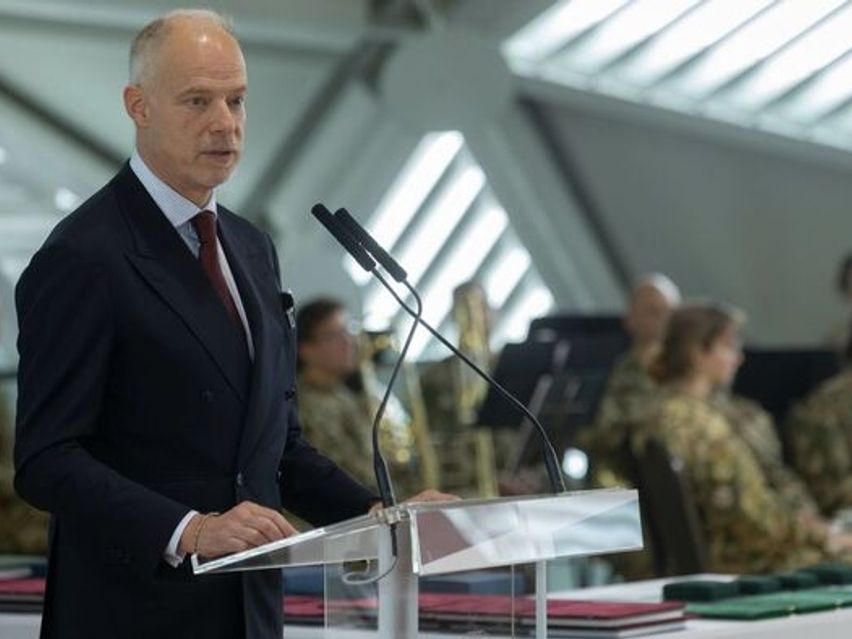
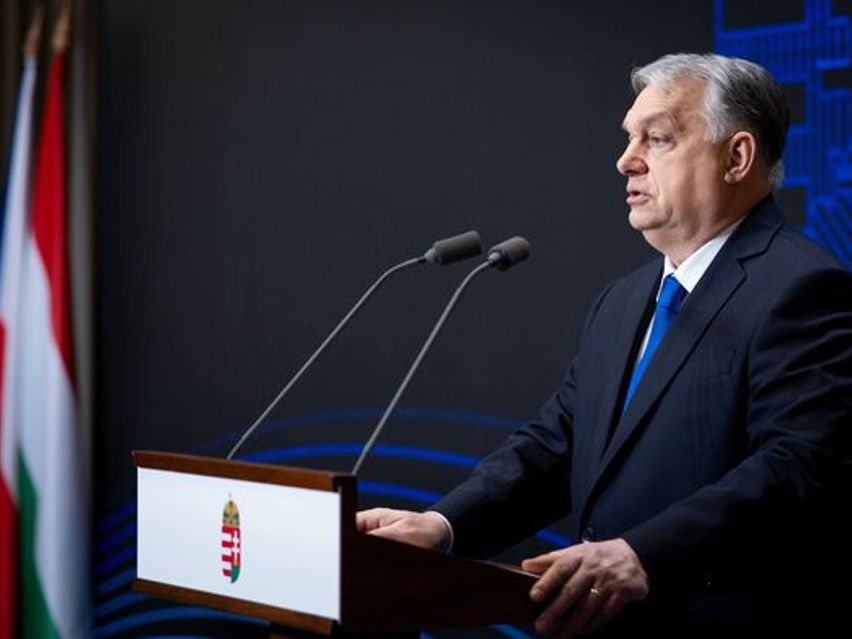
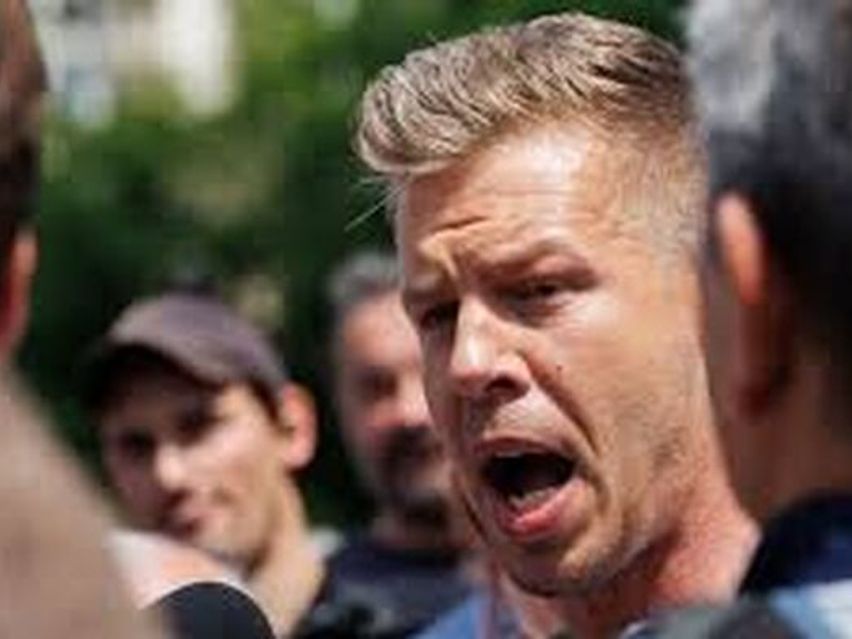
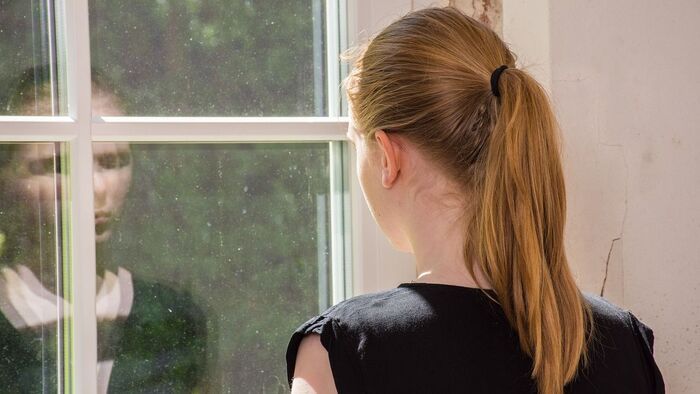

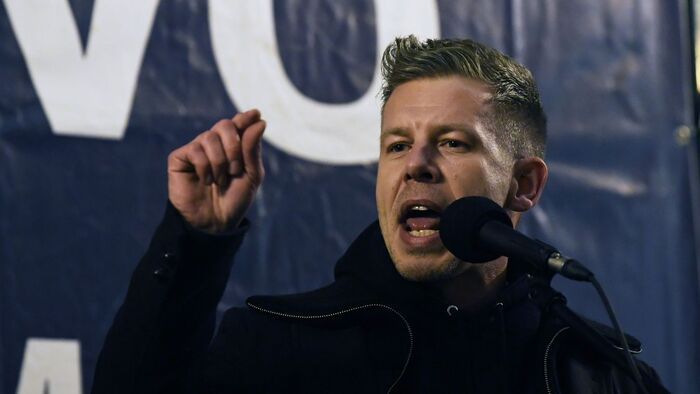
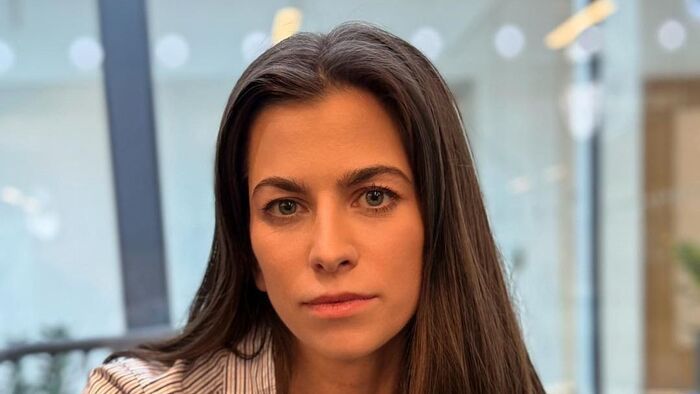
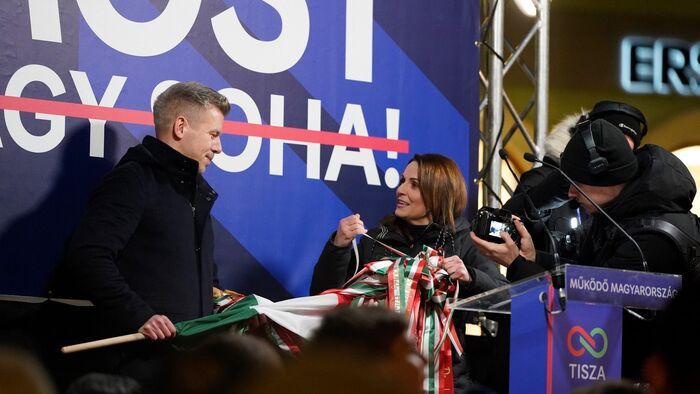
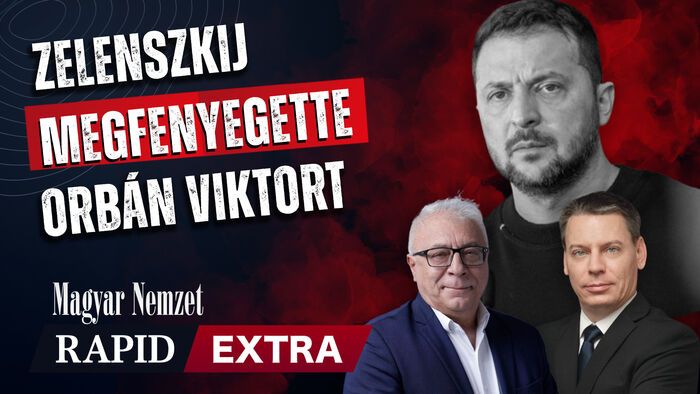
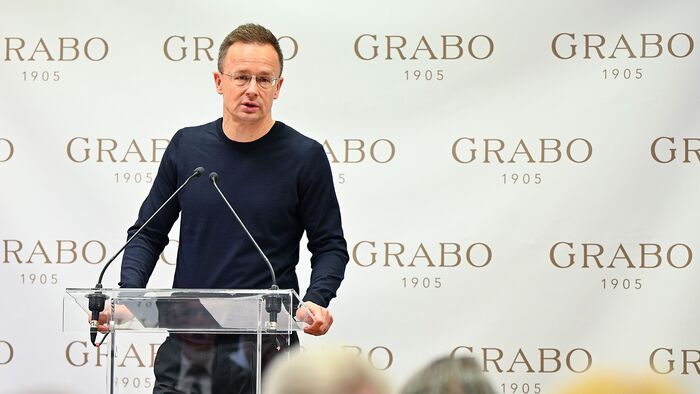
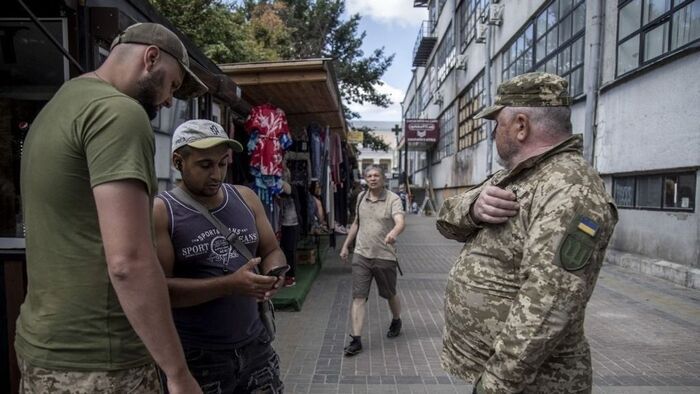
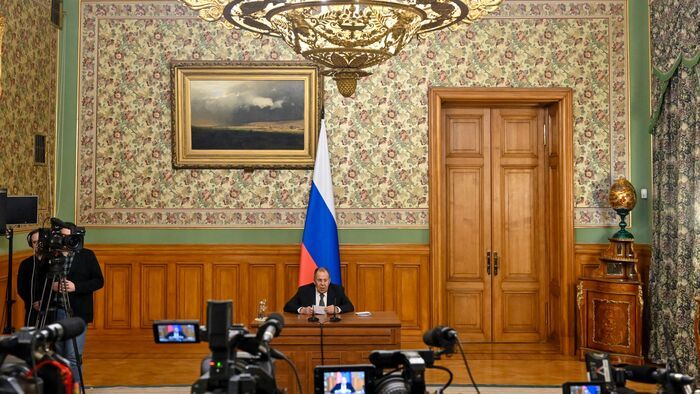

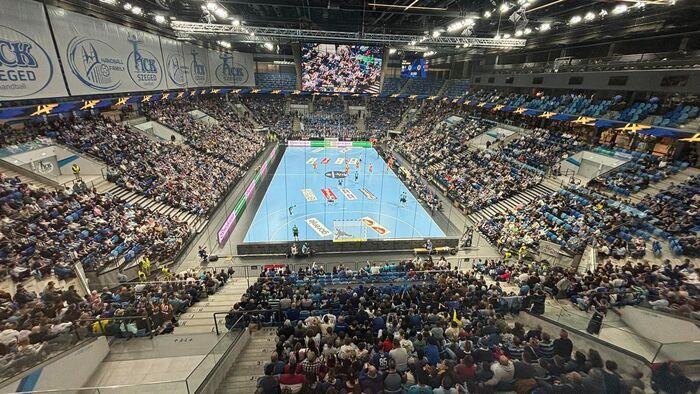
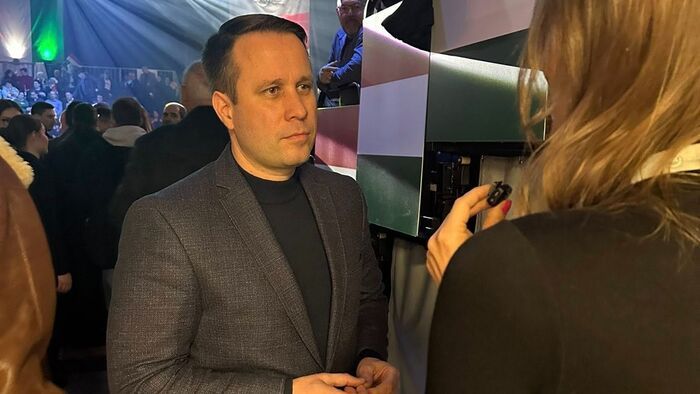
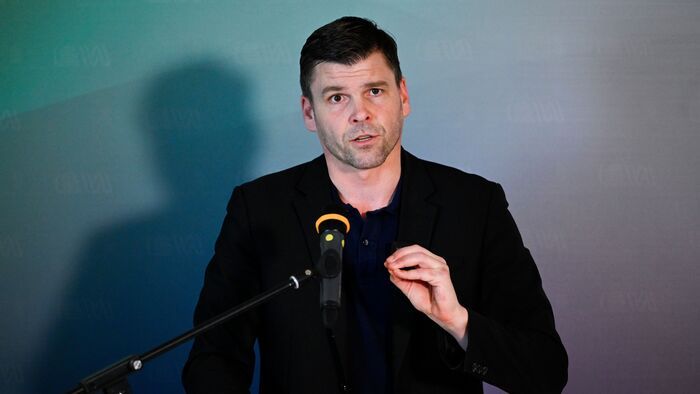

Szóljon hozzá!
Jelenleg csak a hozzászólások egy kis részét látja. Hozzászóláshoz és a további kommentek megtekintéséhez lépjen be, vagy regisztráljon!